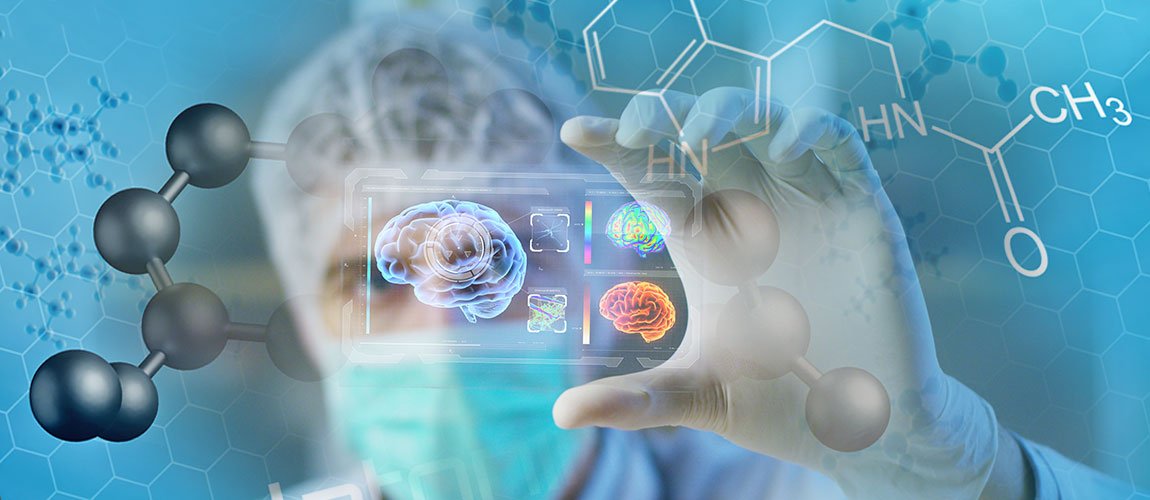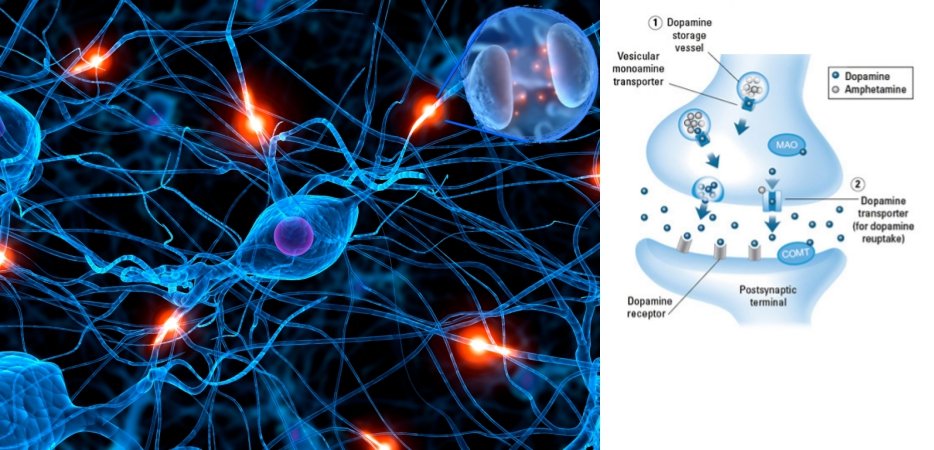
The Neuroprotective effects of Melatonin against Amphetamine-Induced Toxicity | Health & Medications
The enhancement of cognitive abilities such as vigilance (sustained concentration), and memory has always been desired. In fact pharmacological neuroenhancements (a psychoactive substance intended to enhance cognitive abilities) are commonly used throughout the world today. For instance, caffeine which is used throughout the world is one such substance due to its natural stimulant effects. However, there are also other pharmacological neuroenhancers such as amphetamines which have significant effects on attentiveness, concentration and alertness.
Effects of Amphetamine on the Brain
Amphetamine is a psychostimulant drug that promotes the release of catecholamines (primarily dopamine and norepinephrine) and blocks the reuptake of these catecholamines, thereby producing increased alertness, energy and euphoria. The increase in euphoria (and addictive properties of amphetamines) is due to the release of dopamine within the mesolimbic and mesocortical pathways.

It has been proposed that amphetamine damages dopaminergic fibers in the striatum, prefrontal cortex, nucleus accumbens, substantia nigra, and ventral tegmental areas due to the similar structure between amphetamines and monoamine neurotransmitters, particularly dopamine.
Amphetamine can pass through the dopamine transporter into the cytoplasm and induce reverse transport of dopamine at the synaptic terminals. Since much more dopamine is being displaced into the synaptic terminal, much of the dopamine becomes oxidized into reactive oxygen species (ROS). This increase in ROS induces oxidative stress and damages the synaptic terminals and neurons.

The hippocampus, located in the temporal lobe of the brain, plays a critical role in cognitive function including short-term memory, motivation and emotional response. Research has revealed that glutamate (an excitatory neurotransmitter) activates NMDA receptors and is essential for the generation of long-term potentiation which is necessary for learning and memory. However, exposure to chronic doses of amphetamines induces changes in the structure and density of neurons within the hippocampus leading to reduced membrane potential and long term potentiation. In addition, amphetamine has been shown to increase the level of alpha-synuclein, a protein that is usually found in an aggregated form in neurodegenerative diseases such as Parkinson’s disease, dementia, and Alzheimer’s disease.
Effect of Melatonin on the Brain
Melatonin is a neuroendocrine substance that is produced by the pineal gland. Previous studies have shown that melatonin can reduce mitochondrial damage, neuroinflammation and induce proliferation within the brain. Interestingly, melatonin receptors have also been found within the striatum, prefrontal cortex, nucleus accumbens, and hippocampus.

Treatment with melatonin has been shown to reduce the neurotoxic effects of amphetamine within these areas of the brain. More specifically melatonin was shown to decrease the amphetamine-induced hippocampal neuronal degeneration and reduced the overexpression of alpha-synuclein. Thus, all and all, melatonin appears to provide some neuroprotective effect against the neurotoxic effects imposed by chronic amphetamine use.

Recent Posts:
- Natural Therapies for the Prevention and Treatment of Influenza and the common cold
- The Flu Vaccine: Only 10% Effective
- Ages & Stages of Childhood Development
- Common Infant Conditions


